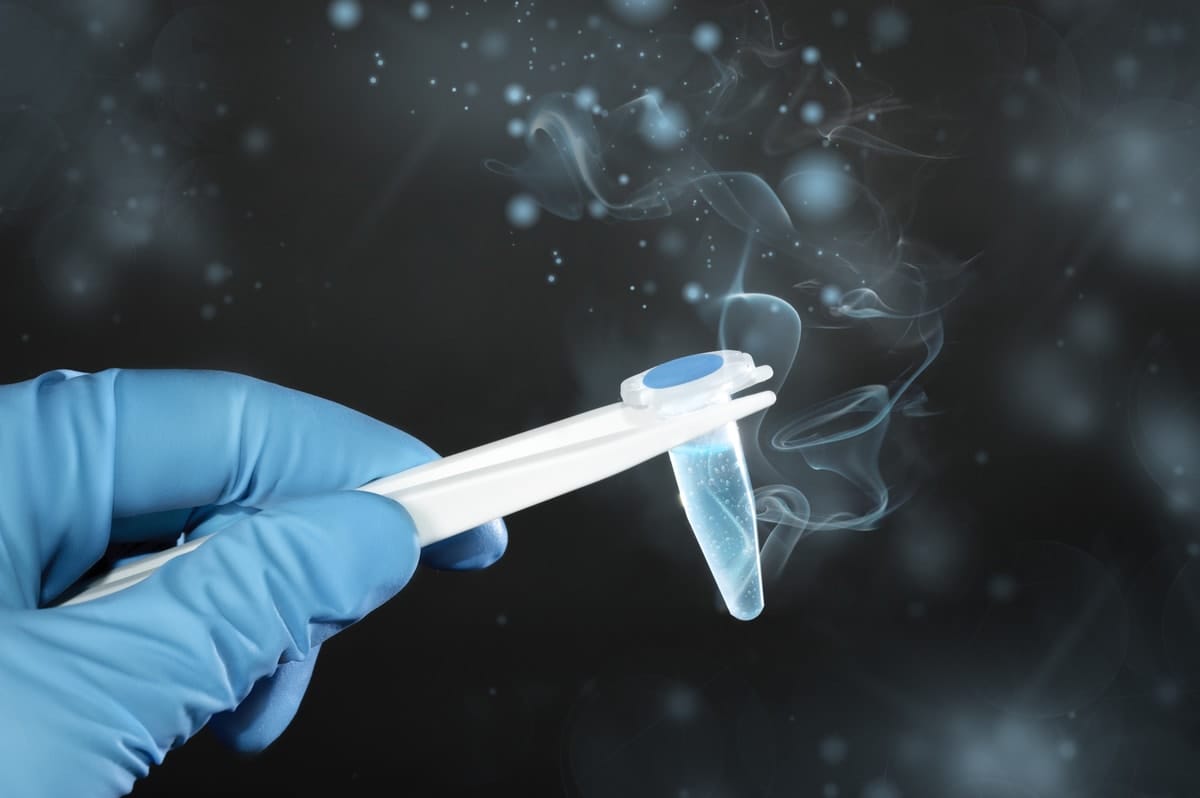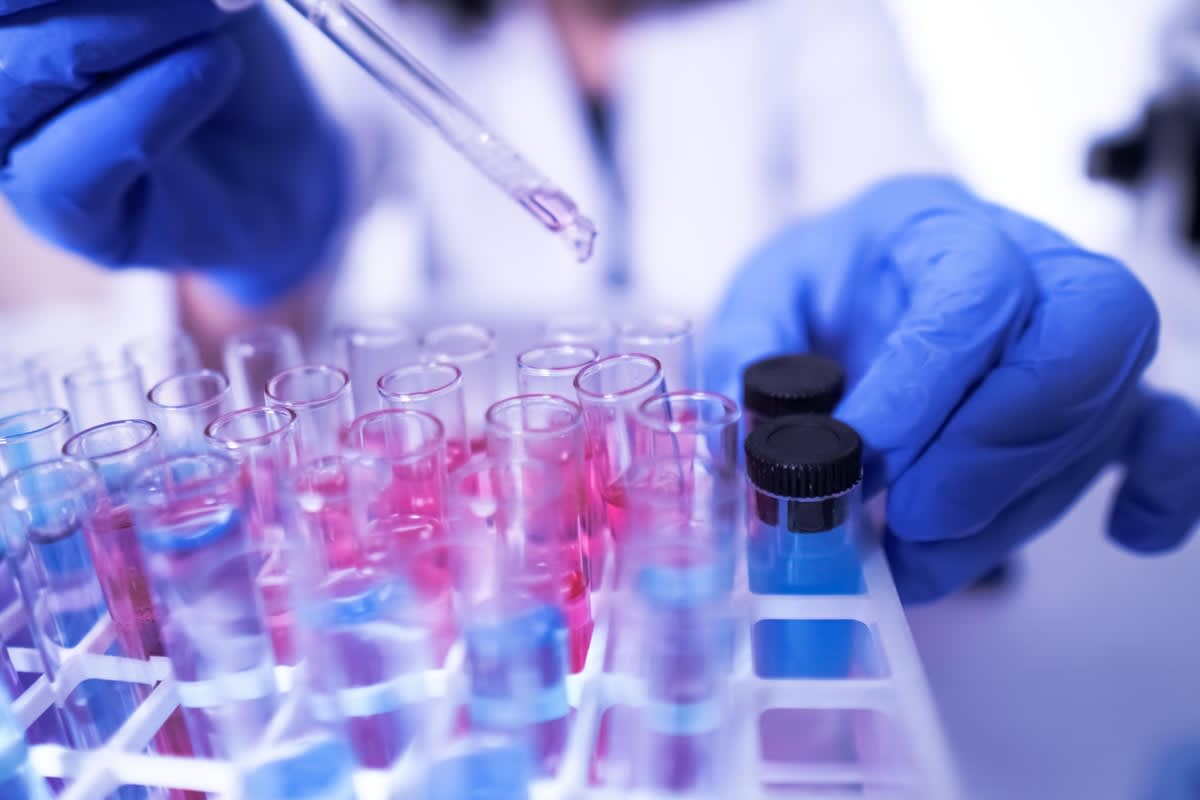
When the COVID-19 pandemic first hit, there were big questions being asked in medical science about immunity. Why do the effects of this destructive new virus differ so much in people? Why do some escape the virus relatively easily, while others suffer greatly and potentially die?
Monash University’s Dr James McMahon is an infectious diseases expert and hospital clinician at Alfred Health, and Monash Health. He leads The Alfred’s clinical research unit in infectious diseases, which examines a wide range of infections such as HIV, hepatitis and bacterial infections, but also respiratory infections such as influenza. And now, of course, COVID-19, the newest mutant offspring from the coronavirus family of respiratory infections.
“It became pretty clear pretty quickly that individuals were having different responses to this virus,” he says. “Much of that was to do with age, and also people with other medical conditions and compromised immune systems. But we were seeing severe cases alongside mild cases. We were very interested in finding out more about why that was happening.”
Aiming to crack the immunity code
Dr McMahon is now leading aspects of a Monash-Alfred project aimed at cracking the immunity code by collecting blood and respiratory swabs from COVID-19 patients in Melbourne to thoroughly test what the virus does, and how it behaves in different people.
“We connected with different research groups – many within Monash, and also at the Burnet Institute, from immunologists, virologists to other clinicians – to establish a biobank. Essentially, you get people who are infected, and collect repeated samples of their blood and respiratory swabs, then you can study all these facts of the virus and individual immune systems to understand why some patients do well and others don’t do well.”
The samples are frozen in the “bank”, allowing a series of repeated tests. Patients’ clinical information from hospital data is also collected. The aim is to predict who gets hits hardest.
“This gives us clues as to what drugs might be effective,” says Dr McMahon. “At the moment there are no proven therapies for COVID-19.”

The biobank project – with Dr McMahon as principal investigator – is funded by a $250,000 grant from Lord Mayor’s Charitable Foundation in Melbourne.
Chief Executive Officer Dr Catherine Brown OAM said the foundation recognised the “urgent need” to pay for medical research with a treatment focus “at this crucial time”.
She said: “The research will have a positive impact upon the treatment of patients from groups such as older people living in residential care and the wider community, people with HIV, people with heart and lung conditions, as well as other serious health issues.”
Extending influenza research
The grant also funds an extension of clinical studies underway for influenza research, and has enabled new studies such as the biobank to be implemented quickly. The work in the flu season this winter is important, as the concern is that COVID-19 and influenza will overlap to some degree.
“It’s inevitable,” says Dr McMahon. “ If COVID is still circulating, you’ll see some people with both viruses, and if people have both, it could increase the overall mortality or worsen outcomes. But we don’t really know. If a person’s immune system is OK, you tend to get only one infection at once. But we don’t know until we go through a flu season. The assumption at this stage is, yes, having two respiratory infections at once will make things worse, but we need the data to support this.”
Findings from the study will be immediately applied clinically at The Alfred, and will be shared nationally and internationally so that other health organisations can increase their capacity to respond to COVID-19.
“The Alfred's Department of Infectious Diseases is one of the largest and most comprehensive infectious disease clinical services in Australia,” says Dr Brown. “They’re in an excellent position to translate medical research into clinical practice, and we’re very pleased to support Alfred Health during this health crisis.”





